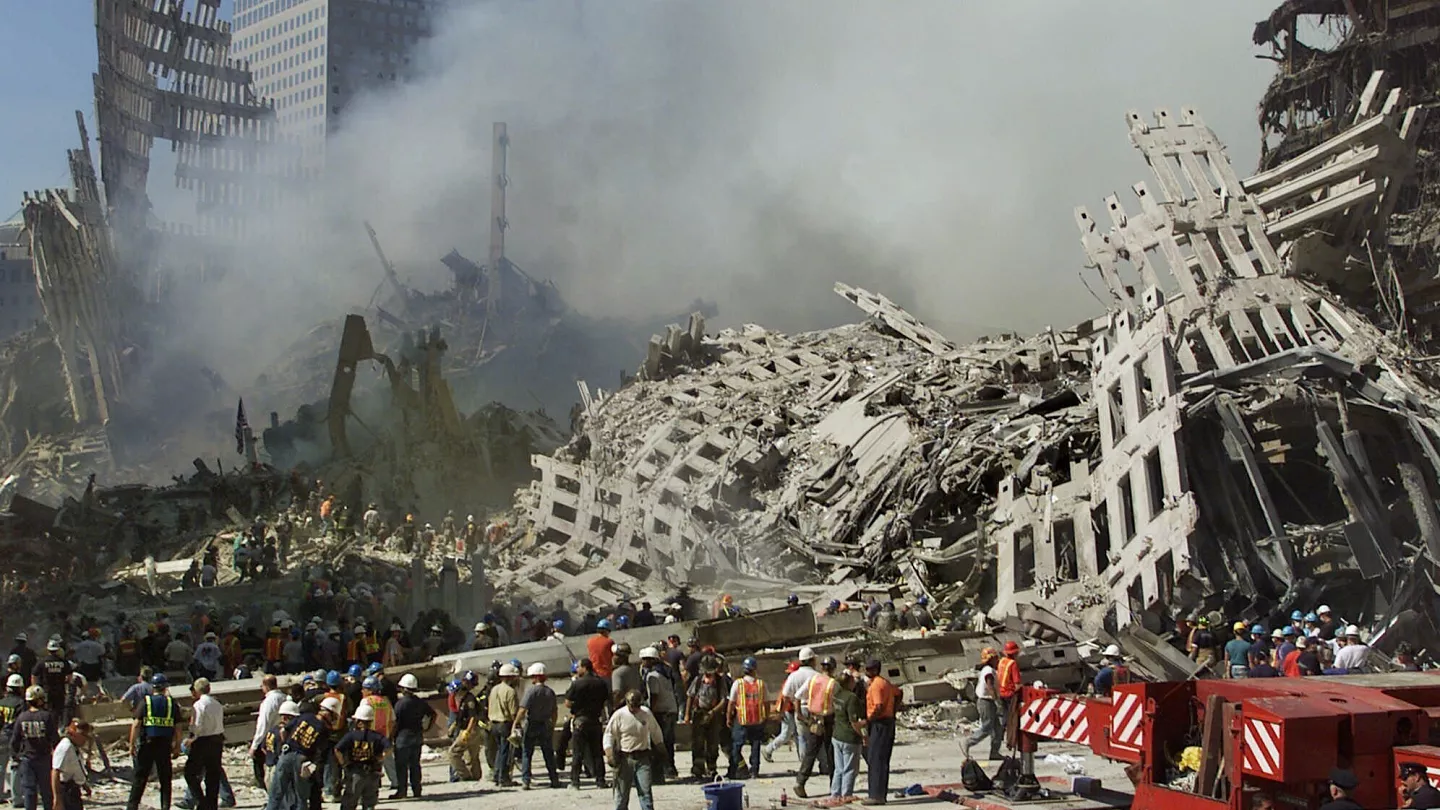nyssenate31.com – The terrorist attacks on September 11, 2001, not only resulted in a significant loss of life and a profound impact on national security but also had a substantial economic fallout that rippled through the United States and the global economy. The immediate aftermath of the attacks led to a sharp decline in economic activity, with the airline industry, insurance sector, and financial markets experiencing significant disruptions.
The Immediate Economic Impact
In the days following the attacks, the U.S. stock markets remained closed for a week, the longest closure since the Great Depression. When trading resumed, the Dow Jones Industrial Average experienced its largest one-day point loss in history, plunging nearly 7%. The airline industry was brought to a standstill, with all U.S. flights grounded for several days, leading to billions of dollars in losses. The insurance industry faced unprecedented claims, particularly in the property and casualty sector.
Long-Term Economic Consequences
The economic effects of 9/11 were not limited to the immediate aftermath. The attacks led to increased security measures and regulations, which resulted in higher operational costs for businesses, especially in the transportation and logistics sectors. The U.S. government’s response to the attacks, including the wars in Afghanistan and Iraq, had long-term fiscal implications, contributing to a significant increase in national debt.
The Rebuilding Effort
The rebuilding of the World Trade Center site and the surrounding area was a massive undertaking that had a significant economic impact. The construction of One World Trade Center and other buildings in the complex provided a boost to the economy, creating thousands of jobs and contributing to the recovery of the financial district. However, the rebuilding process was lengthy and costly, further exacerbating the economic fallout of the attacks.
The Shift in Economic Priorities
In the wake of 9/11, there was a shift in economic priorities, with a greater emphasis on national security and counterterrorism efforts. This led to increased spending on defense and homeland security, which diverted resources from other areas of the economy. The attacks also accelerated the trend towards globalization, as businesses sought to diversify their operations and supply chains to mitigate risks.
Conclusion
The economic fallout from the 9/11 attacks was profound and multifaceted, affecting various sectors of the economy and leading to long-term changes in economic priorities and policies. While the U.S. economy eventually recovered, the scars of the attacks remain, serving as a reminder of the vulnerability of modern economies to catastrophic events. The resilience of the American economy in the face of such adversity is a testament to the strength and adaptability of its people and institutions.
